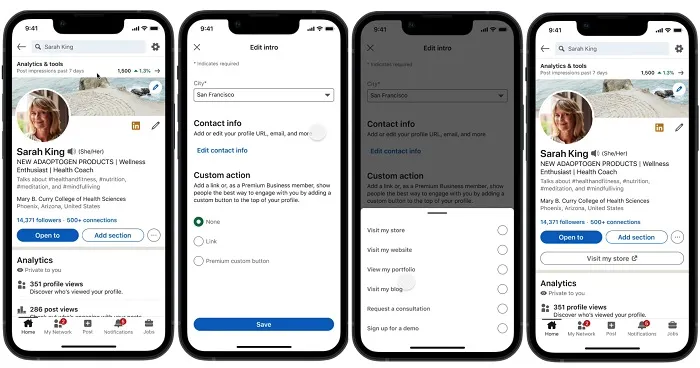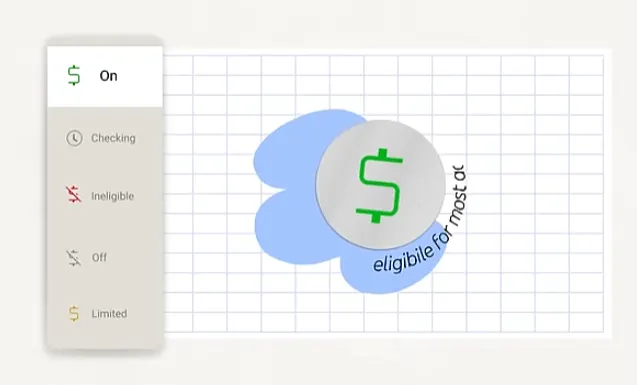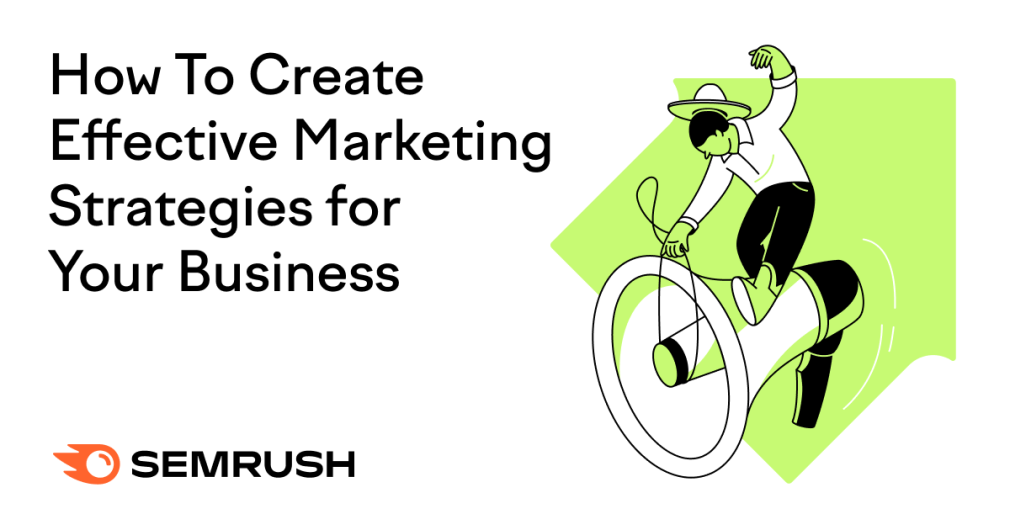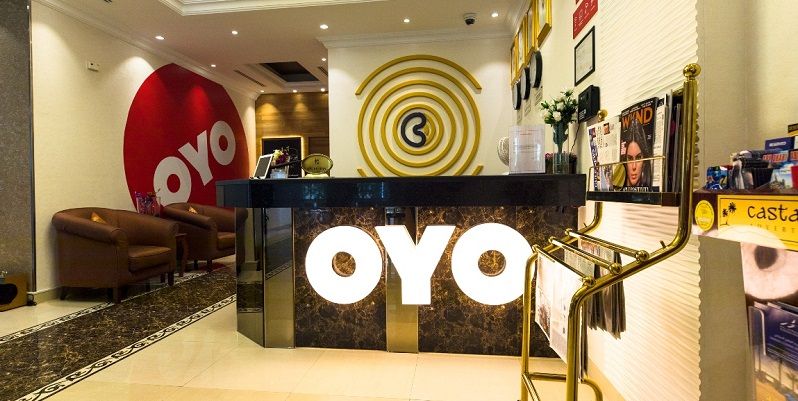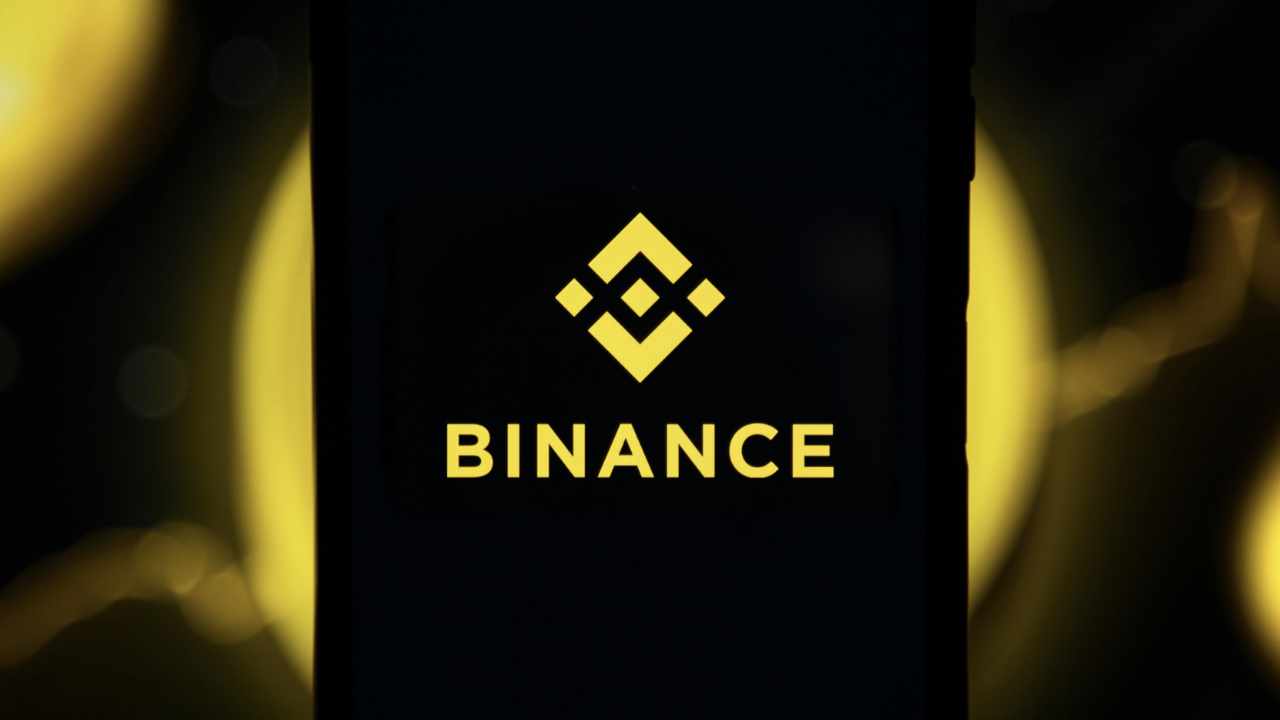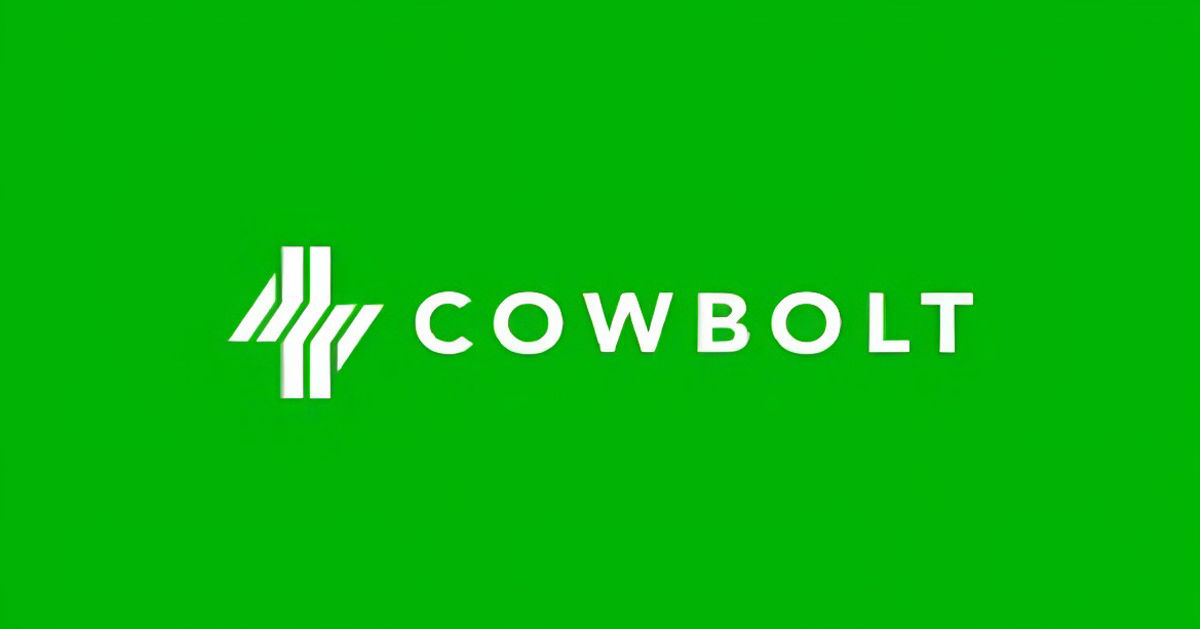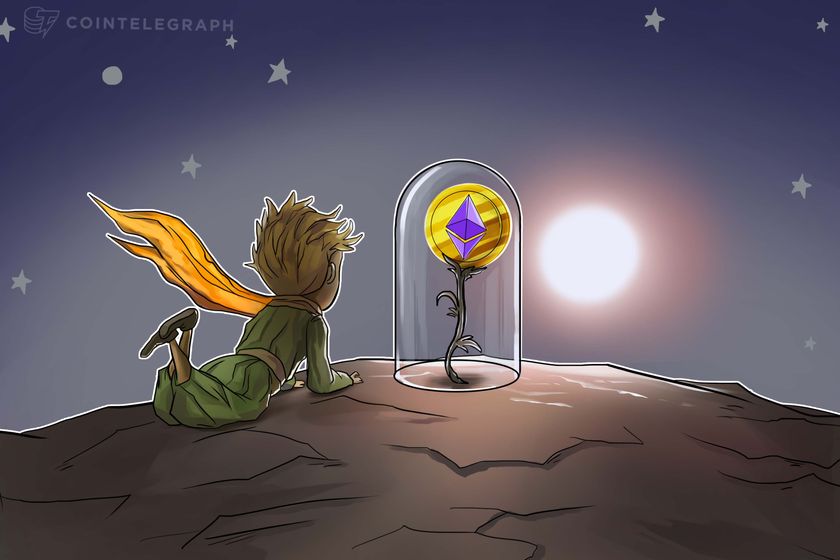How to land a tech job in the AI era: Founders, recruiters, professors share advice for grads
For college graduates walking across the stage and into the workforce, recent headlines may spark concern. AI is changing what it means to get a foot in the door in tech. But while the ground is shifting, new grads may be uniquely positioned to adapt. That’s one takeaway from investors, professors, and tech execs we spoke with this month to gather advice for the Class of 2025. Their insights offer a roadmap for young tech workers — and anyone trying to navigate today’s AI-driven job market. Prem Kumar, CEO at Seattle recruiting startup Humanly Everyone is trying to figure out… Read More


For college graduates walking across the stage and into the workforce, recent headlines may spark concern.
- SF Standard: Sorry, grads: Entry-level tech jobs are getting wiped out
- New York Times: I’m a LinkedIn Executive. I See the Bottom Rung of the Career Ladder Breaking.
- Wall Street Journal: The ‘Great Hesitation’ That’s Making It Harder to Get a Tech Job
AI is changing what it means to get a foot in the door in tech. But while the ground is shifting, new grads may be uniquely positioned to adapt.
That’s one takeaway from investors, professors, and tech execs we spoke with this month to gather advice for the Class of 2025.
Their insights offer a roadmap for young tech workers — and anyone trying to navigate today’s AI-driven job market.
Prem Kumar, CEO at Seattle recruiting startup Humanly
Everyone is trying to figure out how to use AI in real-time — and Kumar says this gives new grads an edge. “You can experiment, build, and push boundaries in ways many people with more experience might not.”
- Kumar suggests tools such as Interviewai.io (for resumes and interview prep) and ChatGPT (to organize your experiences into a searchable reference doc).
- Non-AI tip: Focus on critical thinking skills. “In a world where content is infinite and creation is frictionless, the ability to distinguish signal from noise and truth from hype is what will set you apart,” he said.
Kirby Winfield, founding general partner at Seattle VC firm Ascend
Non-technical grads who want to work at a startup should be bring something concrete — like sales leads — to the table.
- “Quick prompting on ChatGPT can build a good lead list,” Winfield said. “LinkedIn can provide individual points of contact. Showing initiative and the ability to use basic generative AI to help startups grow is a powerful combination.”
Magdalena Balazinska, professor and director, University of Washington Allen School of Computer Science
Apply broadly — across size and industry — and then choose a job that offers the most learning. “It’s important to optimize for learning and for growth, especially early on in one’s career,” she said.
- Balazinska said companies want strong analytical thinkers with coding and communication skills. She also recommends getting experience with AI to learn its potential — and limitations.
- “I recommend learning whatever tools they can put their hands on and, if possible, learn a variety of tools,” she said.
Wendy Hellar, COO at Seattle-based recruiting firm Prime Team Partners
Hiring managers now expect candidates to be actively using AI. But be careful using them during an interview.
- “It’s obvious to us when candidates are reading answers and they are not speaking for themselves,” Hellar said. “AI-generated resumes are also easy to spot — so make sure there is key data and personalized language that reflects the individual.”
- To stand out: prioritize networking and be open to working in-person, Hellar said.
Suresh Kotha, professor of strategy and entrepreneurship at the University of Washington Foster School of Business
Use AI to amplify your skills and become more productive. “You become kind of a bionic person with AI,” Kotha said.
- “I’m telling my students to learn to use AI and show [companies] that you can improve your productivity with AI and you can go forward, and you can work with this technology and master this technology.”
Steve Krenzel, CEO at Seattle enterprise software startup Logic
Krenzel said his advice hasn’t changed since a decade ago: “Master the fundamentals, explore every tool you can (both old and new), and build a lot of things,” he said.
- Building helps clarify your thinking and improves communication, he said.
Milena Marinova, corporate vice president at Microsoft
Use free or low-cost training to get hands-on experience with AI tools. But remember that timeless skills are still valuable.
- Overall bias for action, risk-taking, and thinking of out-of-the-box are rewarded, whether you’re a new worker or a senior leader.
- Critical thinking, problem solving, and having a growth mindset are also important, Marinova said.
Erik Moore, cybersecurity program director and professor at Seattle University
Understanding the privacy and security risks of AI can get you ahead and provide value.
- “Do practical projects with AI and security that demonstrate an ability to leverage them in whatever technical field you are studying,” Moore said.
![ChatGPT’s Rising Traffic Versus Other Top Websites [Infographic]](https://imgproxy.divecdn.com/w-gqmBjRB_7nm77pT8JiodDihJT_2wQO8PS1_DYfNc4/g:ce/rs:fit:770:435/Z3M6Ly9kaXZlc2l0ZS1zdG9yYWdlL2RpdmVpbWFnZS90aGVfcmlzZV9vZl9jaGF0Z3B0Mi5wbmc=.webp)
